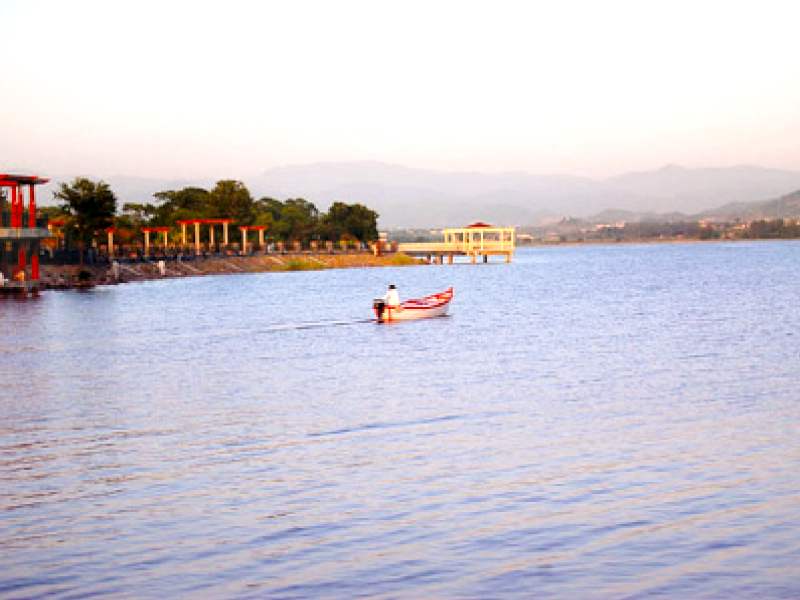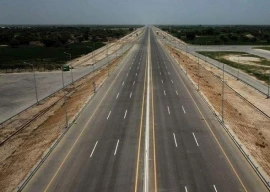
The cleanup would coincide with World Wetlands Day which falls on February 2.
Since this year’s international theme for World Wetlands Day: 'Wetlands for a sustainable urban future', the ministry has focused on Rawal Lake — the urban wetland of Islamabad.
The wetlands reduce flooding, replenish drinking water, filter waste, provide urban green spaces and are a source of livelihoods.
The day marks the anniversary of the signing of the Convention on Wetlands of International Importance in Ramsar, Iran, on February 2, 1971. The Ramsar convention emphasises that urban wetlands should be integrated into a city’s sustainable future planning and development.
Since it was first observed in 1997, government and non-government organisations and communities have celebrated the day by undertaking actions to raise public awareness about the importance of wetlands and how to conserve it.
Federal Minister for Climate Change Senator Mushahidullah Khan said that wetlands provide magnificent landscapes which attract millions of tourists every year. Behind the beautiful vistas and scenes, wetlands also boost many services such as the availability of clean water, recycling wastes and providing protection from extreme weather events such as disaster risk reduction.
With Pakistan a signatory to the Convention on Wetlands, Mushahidullah pointed out that it provides the framework for national action and international cooperation for the conservation and wise use of wetlands and their resources.
Under this convention, the climate change minister said that so far they have designated 19 wetlands as Ramsar sites of international significance.
“Wetlands are among the most diverse and productive ecosystems supporting rich biodiversity and providing valuable products and services to human beings,” Mushahidullah said.
The UN estimates that 90 per cent of all natural disasters are water-related and the worldwide frequency of disasters has more than doubled in last 35 years, driven by climate and weather-related hazards such as flooding and droughts.
It is believed that wetlands act as a natural buffer to absorb the shocks of natural disasters like devastating flooding and play its important role in risk reduction. In view of the devastating floods in In the past decade, the Ministry of Climate Change in collaboration with Ramsar Convention invited the Ramsar Advisory Mission (RAM) to suggest a remedy for disaster risk reduction.
The mission, after visiting the vulnerable stretches along the Indus River in November 2012, suggested the ecological solution of flood control as experienced in case of Yangzi River, China by using wetlands. The recommendations of RAM were then included in the National Flood Protection Plan-IV.
“There are many examples of urban areas in Pakistan which are dependent on wetlands. Today we join the world community in celebrations of world wetland day by recognizing the importance of wetlands for their role in disaster risk reduction and commit to continuing our efforts to achieve sustainability of wetlands ecosystem,” Mushahidullah said.
Published in The Express Tribune, February 2nd, 2018.

1730959638-0/trump-(19)1730959638-0-165x106.webp)





1724018265-1/City-Traffic-Police-(CTP)1724018265-1-270x192.webp)









COMMENTS
Comments are moderated and generally will be posted if they are on-topic and not abusive.
For more information, please see our Comments FAQ